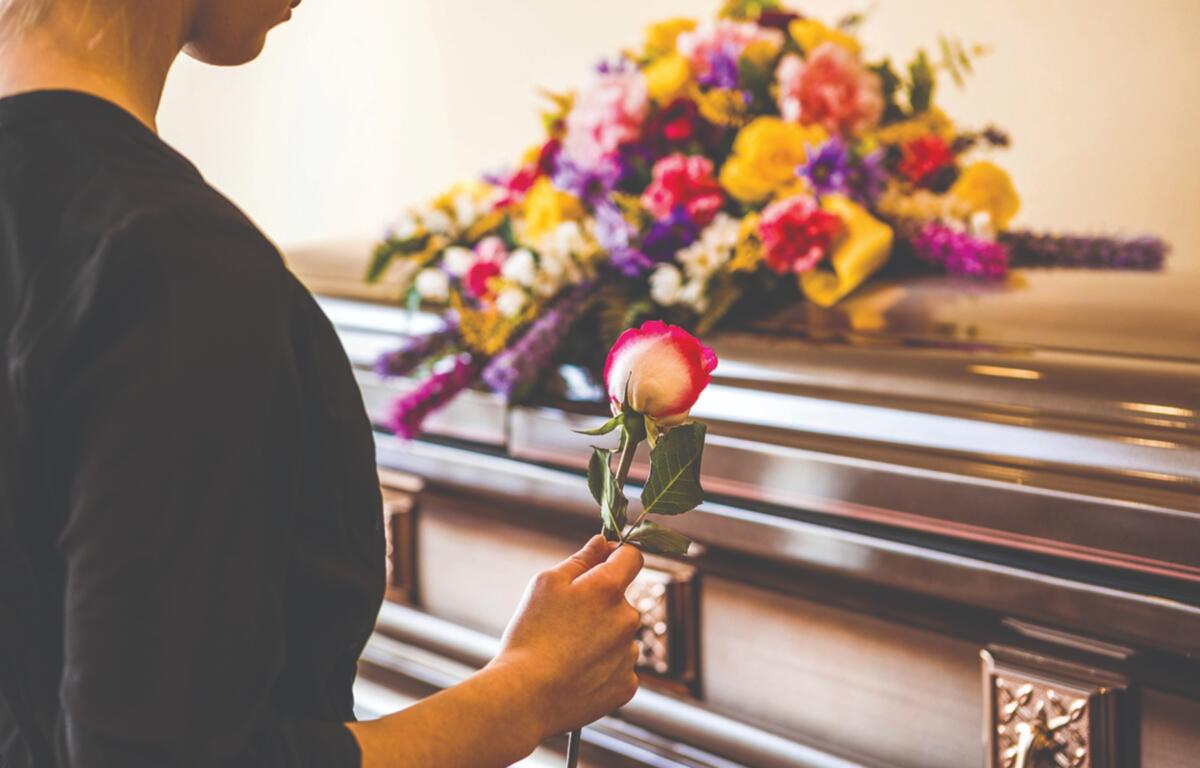ASHEVILLE, N.C. (828newsNOW) — The death of a loved is difficult. Emotions are elevated and grief is prominent, which can make it hard to make important decisions. Quite often, several people need to come together to make decisions necessary for a family member’s funeral arrangements. There is also a financial component to consider.
According to Lincoln Heritage Life Insurance Co., the average funeral costs between $7,000 and $12,000, which may or may not include viewing, burial, transport, casket and other fees. Surviving family members responsible for planning a funeral may be asked to contribute a portion of these expenses if other arrangements have not already been made, which can exacerbate stress during an already difficult time.
Funeral pre-planning is a good way for individuals to make a difficult time a little more manageable for their survivors. Funeral homes frequently work hand-in-hand with individuals and families to customize pre-planning packages and facilitate the process. Here’s a rundown of pre-planning as individuals consider their options.
Explore your options
Pre-planning a funeral enables people to consider all of the options without the time constraints of making funeral arrangements directly after the passing of a loved one. A knowledgeable staff member at a funeral home can explain the offerings and answer any questions.
Straightforward process
Unless an individual has planned a funeral in the past, there could be a lot of unknowns. Funeral homes handle these events every day and can guide families through the intricacies of the process with ease. Most have pre-planning kits that include all of the essentials of the process, such as choosing caskets, deciding on prayer cards and designing floral arrangements.
Avoid confrontations
Working directly with a professional also helps alleviate the burden on family members, who may not agree on arrangements or concur on what they believe would be a loved one’s final wishes. When pre-planning a funeral, individuals can spell out in their own words exactly what they want and even finance the funeral in advance.
Establish a payment plan
A funeral home staff member can go over the various ways to fund funeral expenses and may work out a payment schedule to spread out the expense over a period of time. He or she also may explain how funeral prearrangement can be a way to “spend down” assets in a way that protects those monies from look-back periods when determining eligibility for certain assisted living or nursing facilities should that be required in the future.
Works with religious officials
Often, a funeral home is a conduit that facilitates all facets of the funeral process. They may reach out to a preferred house of worship to organize a mass or other religious service, and will also contact the cemetery and work with them to secure a plot and deed. This also alleviates pressure down the line on grieving family members who need time to mourn.
Pre-planning a funeral merits consideration. Working with a trusted funeral home removes much of the pressure during such difficult times.


